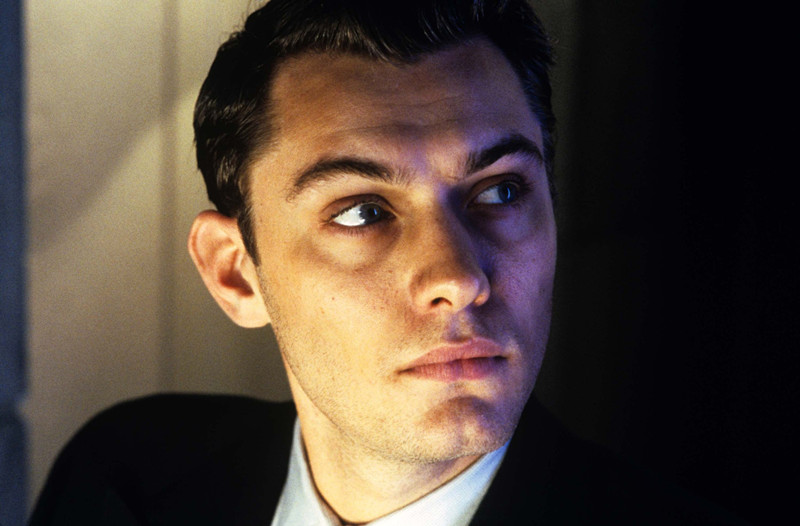
Lists are for groceries. At least, that’s what Denis Villeneuve stated during an interview with the New York Times in which he was prompted to name his favorite movies of the century. The French-Canadian director explained that he’s decided not to judge films but to champion them instead, and one can’t fault him for his sentiment. But when talking about the leading man in the sci-fi genre, a name that has experienced a meteoric rise in the past decade and one of the brightest talents working today, you can hardly fault people for wanting to pick his brain either.
To talk about Villeneuve is to talk about a director with an impeccable career trajectory, an auteur whose unique vision has not only endured the unrelenting machine of Hollywood but is thriving in it with the perfect storm of critical darlings and pop culture tentpoles. Long before A-list actors flocked their way to join each of his new projects, Villeneuve burst onto scene in Canada with hard-hitting thrillers like Incendies and Polytechnique. He followed up his early success by trying his luck in Hollywood with two hard-boiled dramas in Prisoners and Enemy before taking the world by storm with a string of all-time sci-fi epics in Arrival and Blade Runner 2049.
With Dune looming in the horizon and finally finding its way to theaters this upcoming fall, anticipation is off the charts for a movie that right now stands as the best hope to revitalize a watered-down genre. As we count down the weeks for its release, there’s no better time than now to recollect ten of Villeneuve’s favorite movies, listing both those that served as inspiration for his own or, in the case of Blade Runner, directly reshaped his career.
1. Under the Skin (2013)
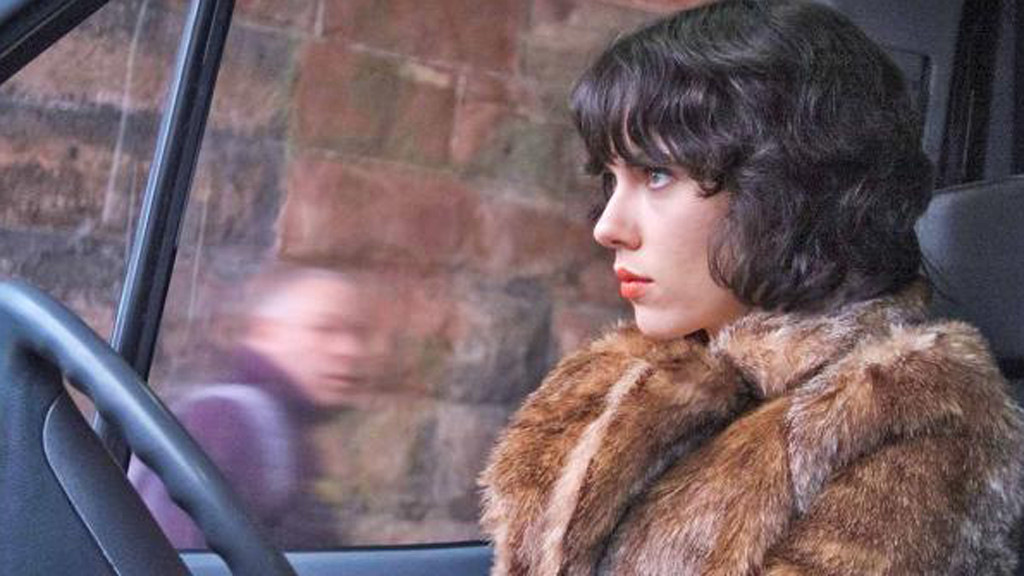
In a decade full of polarizing sci-fi flicks, this one takes the cake. Under the Skin’s glacial pace and bold narrative alienated a big chunk of the general audience upon release, but time has been kind to it and the movie has experienced a newly found appreciation throughout the years. A lot has been said about its unsettling atmosphere, intriguing plot and stunning visuals, but at its heart, Under the Skin is a straightforward slasher with a cool narrative twist where the hunter becomes the hunted.
The movie follows Scarlett Johansson’s character, an alien wandering through Earth disguised as a beautiful human female. She is a stone-cold predator, using her looks to prowl and seduce unsuspecting men, luring them into an alien nest where they serve as meat for her species. What starts as an emotionally distant observation of humanity, eventually champions empathy and compassion as the hunter takes pity on her prey and forgoes her mission.
Villeneuve is no stranger to thought-provoking movies involving extraterrestrial visitors, and cited Jonathan Glazer’s movie among his favorites of the 21st century during a survey for the New York Times, specifically mentioning the scene where Scarlett enters a pool of darkness as the moment that stayed with him the most.
2. Close Encounters of the Third Kind (1977)
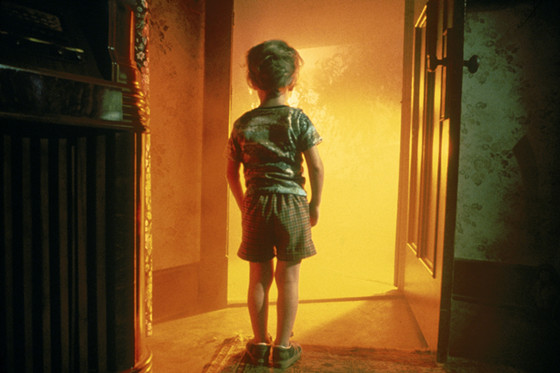
In an interview for the Toronto Film Critics Association, Villeneuve admitted that his first ‘cinematic crush’ came with the films of Steven Spielberg, where he first recognized the mark of an artist and a strong storyteller. From Jaws to E.T., Spielberg provided some of the ‘big artistic shocks’ of his life, and he recalls suddenly being attracted to his movies as a kid and discovering the essence and job of a director. Not only that, but the casting of French director François Truffaut in Close Encounters introduced him to the wonders of the French New Wave, one of Villeneuve’s biggest cinematic influences.
Spielberg’s classic follows an ordinary family man from Indiana who stumbles upon an UFO, changing his life forever. When talking about Close Encounters it’s impossible not to think of Villeneuve’s own Arrival, a movie that’s undeniably soaked with Spielberg’s blueprint and which also presents a similar ‘first contact’ scenario as the film that kickstarted the whole subgenre.
The 40th anniversary release for the movie is preceded by a documentary where Villeneuve once again expressed his love for the sci-fi epic, suggesting that it is a personal favorite beyond his obvious fascination with the material. He suggests that the movie is not only about man’s insatiable curiosity and the terrorizing burden of enlightenment, but also about filmmaking itself.
3. Upstream Color (2013)

Anyone acquainted with Shane Carruth will know by now that trying to come up with a proper synopsis to any of his films is a futile exercise doomed to fail, and one that misses their whole point. If anything, his movies seem to be in open rebellion with conventional storytelling, in the sense that you’re better off letting the whole experience wash over you as they work far better as the sum of its parts than as a collection of individual scenes.
Primer, his cerebral debut, proved to be a head-scratcher for the ages, exploring the ethical ramifications that come with discovering (and exploiting) time-travel. Carruth doubled down on his elliptical storytelling in Upstream Color, but whereas in his first movie the character dynamics serve the plot, this time around the sci-fi elements take a backseat to the main romance.
The story follows Kris and Jeff, two former victims to a complex money scheme that employed parasitic bugs that, if ingested, makes its users highly susceptible to hypnotic suggestion. Their past and memories blur together, but these two martyrs find solace in each other’s company. Upstream Color may be just as powerful as an obtuse abstraction, but it also proved to be a poignant exploration on free will, self-consciousness, faith and bonding over suppressed trauma.
4. 2001: A Space Odyssey (1968)
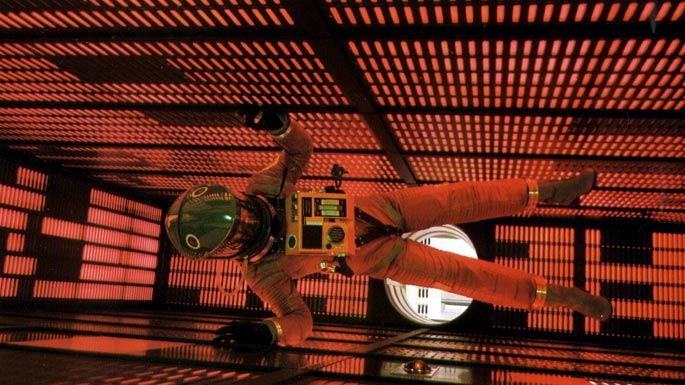
What can be said about 2001 that hasn’t been said a billion times before? Any praise is redundant when talking about one of the most influential and celebrated films of all time. You could break down a whole set of reasons why, all these decades later, we still religiously come back and revisit Kubrick’s magnum opus. Generation upon generation still gazes in disbelief at the star gate sequence, filled with wonder at the first sight of Discovery One as it slowly drifts through space to the tunes of Strauss’ Blue Danube.
During a screening of 2001’s latest restoration, Villeneuve admitted that his own foray into science fiction was triggered by his deep admiration for the space epic. As he recalls, he first caught glimpses of the film from the staircase of his home as a kid. It wouldn’t be until a couple of years later that he’d watch the entire film on television, feeling struck by “the sense of vertigo that he managed to create”.
It comes as no surprise that a director like Villeneuve, who relies so heavily on visual storytelling to convey emotion, found this almost dialogue-free story as a boundless source of inspiration, one that could easily be traced back to two of his directorial efforts in Arrival and Blade Runner 2049.
5. Children of Men (2006)
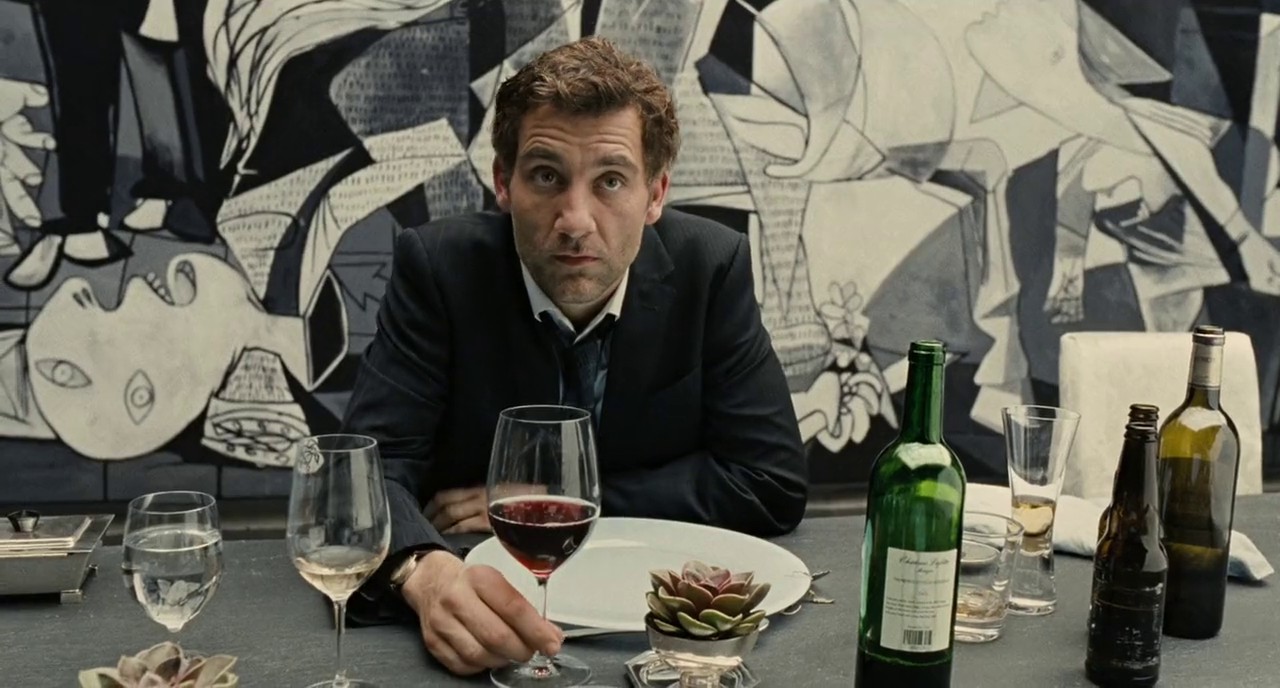
During the early stages of his career, Villeneuve repeatedly explored themes of hope, faith and empathy in the face of overwhelming misery and despair. From his bleak depiction of a real-life college shooting in Polytechnique, the abduction of two young girls in Prisoners and the horrors of civil war and child soldiers in the Middle East in Incendies, Villeneuve has never shied away from reminding us the ugly truths of life.
If you’re looking for another uncompromising look at humanity that covers those very same themes with a similar nihilist flair, look no further than to Alfonso Cuarón’s modern masterpiece. The movie, which Villeneuve cited as one of his favorites of the 21st century during a survey for the New York Times, paints a chaotic world in a near-future in which humans can no longer procreate, and in which warmongering and immigrant vilification has pushed society to the brink of collapse. The only hope in the fight for survival comes from a pair of unlikely heroes when a disillusioned bureaucrat agrees to help transport a miraculously pregnant woman to a sanctuary at sea.